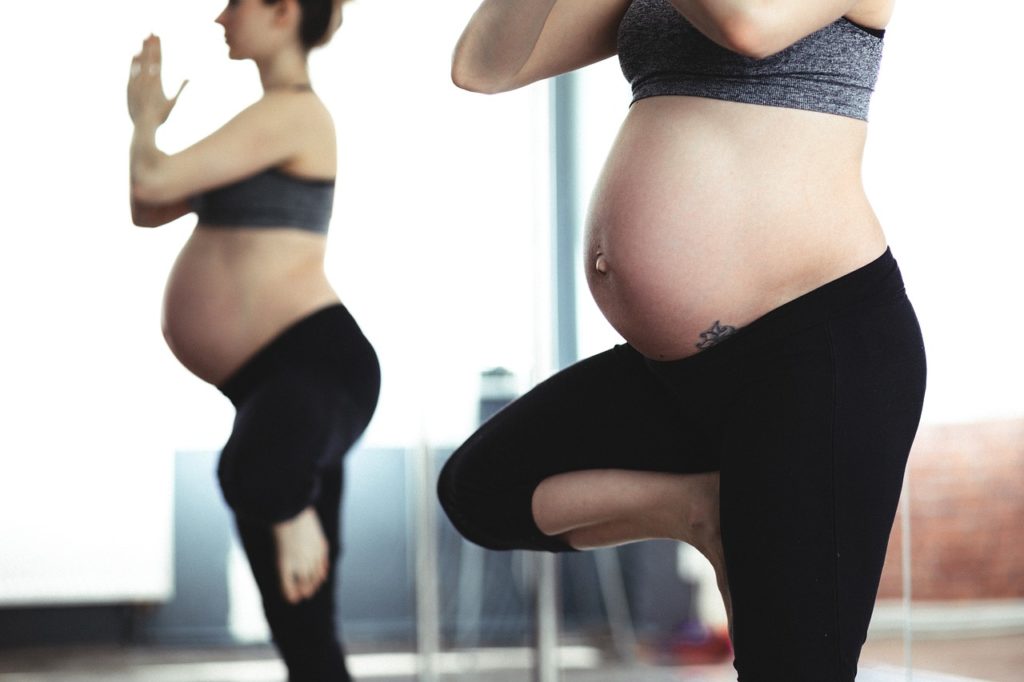Hyperventilation and pregnancy

Hyperventilation and pregnancy often occur as a combination. If you suffer from chronic hyperventilation and you become pregnant, there are a number of things that you need to pay extra attention to.
Hormones
A lot changes in the body during pregnancy. Because of all the hormones that pregnancy entails, one can experience the necessary ailments. An increase in the hormone progesterone also affects breathing. This hormone ensures that the inside of the uterus becomes thick enough to feed the nested egg. In addition, the hormone not only loosens the respiratory muscles, but it also causes your respiratory center in the brain to become more sensitive to carbon dioxide. As a result, the ratio between carbon dioxide and oxygen becomes unbalanced in the event of too fast breathing. A mild form of hyperventilation is therefore inevitable during pregnancy.
The lungs have less room
Around week 35 of your pregnancy the uterus reaches the highest point and touches the rib arch. As a result, the lungs have less room, which means they are less able to expand when breathing in and out. It is then important to sit with a straight back, breathe in and out gently. Shortness of breath is an annoying pregnancy disorder. It is common: around 60 to 70% of all pregnant women suffer from it.
Hyperventilation
If people start breathing more often and shorter, this can change to hyperventilation. One feels like not getting enough oxygen. And that leads to even faster breathing. This can also cause heart pounding and dizziness. This is of course very annoying, but fortunately not dangerous. When in doubt, always consult the midwife.
What to do?
There are a number of things to pay attention to if you notice that you are hyperventilating:
- The most important thing is to stay calm. Breathe in 3 to 4 seconds and breathe out again in 6 – 8 seconds. To do this, place your hands on the abdomen to ensure that your breathing is with the
your abdomen and not with a high thoracic breathing. - Distraction also helps. For example, by reading something aloud or trying to solve a difficult calculation.
Stress

Stress has – among other things – a negative influence on breathing. It is therefore important to avoid as much stress as possible during pregnancy. Preventing it completely is almost impossible, but having as little stress as possible is best for you and the baby. In yoga there are a number of good relaxation techniques available for pregnant women. So it is definitely recommended if you suffer from stress / hyperventilation and you are pregnant.
Relaxation exercises
Doing relaxation exercises is always good. But especially during pregnancy, this can help you – at times of shortness of breath – to prevent you from hyperventilating. Relaxation exercises come in many shapes and sizes, so there is always an exercise that suits you.
You can find some examples of relaxation exercises here:
Pregnancy and HyperVen
We do not recommend taking HyperVen therapy during pregnancy. First, the unborn child is exposed to changing acidity. The effects of this are unknown. The same applies to holding the breath. It is not known whether this may also have an impact on the child’s development. You can of course start with HyperVen after the birth.
